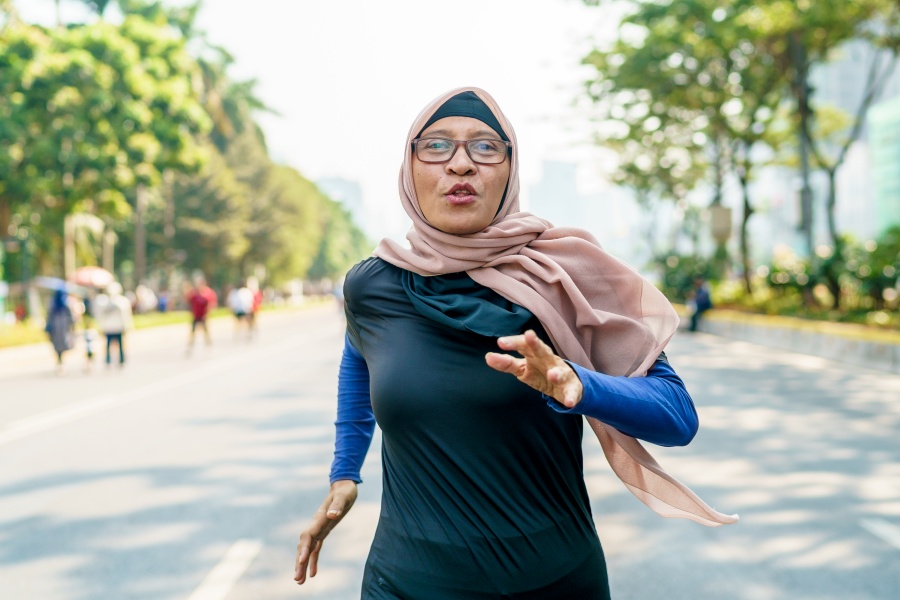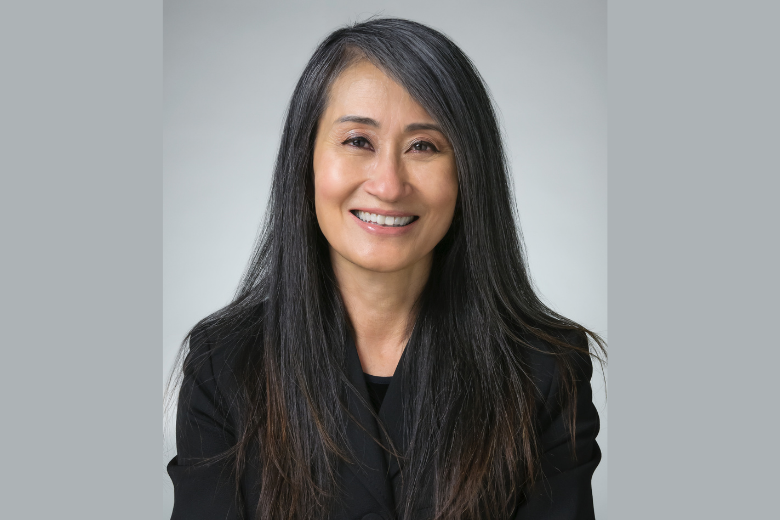Despite the availability of a wider range of imagery in advertising across ethnicity, background and appearances, the industry needs to do more to capture Asian culture, a new study from Getty Images and market researcher YouGov has revealed.
The research, via creative insights platform Visual GPS, shows that for 84% of consumers across Asia Pacific, seeing people of various ethnicities, backgrounds, and appearances represented in advertising isn’t enough: They expect companies to do a better job of capturing people’s true lifestyles and cultures.
APAC consumers seem more acutely conscious of this bias than the global average of 79% who agreed with the above finding. The belief held strongly across all generations: Gen Z (77%), millennials (80%), Gen X (79%) and Baby Boomers (79%).

Generational surprise
This generational comparison might surprise some marketers, as stereotypes might have them believe the older demographic is less passionate about representation in the media.
"The key takeaway for brands should be that authentically diverse representation in their advertising and marketing is not only socially imperative, but it is ultimately good for their bottom line," notes Petra O’Halloran, creative research project manager at Getty Images. "Seven in 10 women don’t feel represented in media and advertising, only 15% of advertisements featuring people of colour were culturally represented by more than their skin colour, and less than 1% of ads represented people with disabilities, despite the fact that one in four adults lives with a disability."

These shortcomings can be best illustrated in some APAC markets, where Getty Images has specific data to offer. For example, Australian customer search data on Getty Images shows searches decreasing year-on-year for ‘diversity’ (down 15%), ‘culture’ (down 46%) and ‘inclusion’ (down 21%). This is compared to global search data, which revealed an increase for ‘diversity’ (up 133%), ‘culture’ (up 115%) and ‘inclusion’ (up 126%).
Lessons for brand marketers
The study may have immediate implications for brand marketers, because research reveals that 60% of consumers prefer to buy brands that are founded by or represent people like themselves. These results hold steady across generations and gender, with only modest differences across regions across the world.
"Brands that are willing to learn and act on diversity and inclusion in their visual storytelling are the brands that are going to stand out and make a difference," contends O’Halloran. "Having a diversity council and ticking the boxes of gender and multi-toned skin colour in images never did the best job, and we’re seeing now that this just won’t cut it anymore with consumers."
The research also found that most people in APAC encounter some bias in their lives, with 59% feeling they have been discriminated against on the basis of body shape, lifestyle choices, race, religion, gender, ethnicity, sexual orientation or gender identification. Notably, this sentiment is more common among Gen Z (73%) respondents in APAC.









